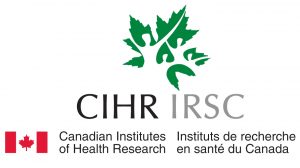Cystic Fibrosis (CF) is an autosomal recessive genetic disorder which affects multiple organs in the human body, including the lungs, the gastrointestinal tract, and the endocrine system. It is caused by mutations in the gene encoding for Cystic Fibrosis Transmembrane Conductance Regulator (CFTR) protein, an anion channel. Dysfunctional CFTR protein leads to impairment in the transport of both water and ions across epithelial cells. This creates abnormally thick mucus within the lungs, pancreas, and other mucus-producing organs.
Although a variety of conditions can be manifested, lung infection is one of the most pressing concerns in patients with CF. Chronic Pseudomonas aeruginosa infection is particularly difficult to treat due to both intrinsic and acquired antimicrobial resistance and its ability to grow as biofilms, which are difficult to eradicate with antibiotic therapy. Our current research focuses on the polymicrobial interactions of Pseudomonas aeruginosa and Staphylococcus aureus within biofilms in the context of failure of P. aeruginosa eradication in children with CF.






